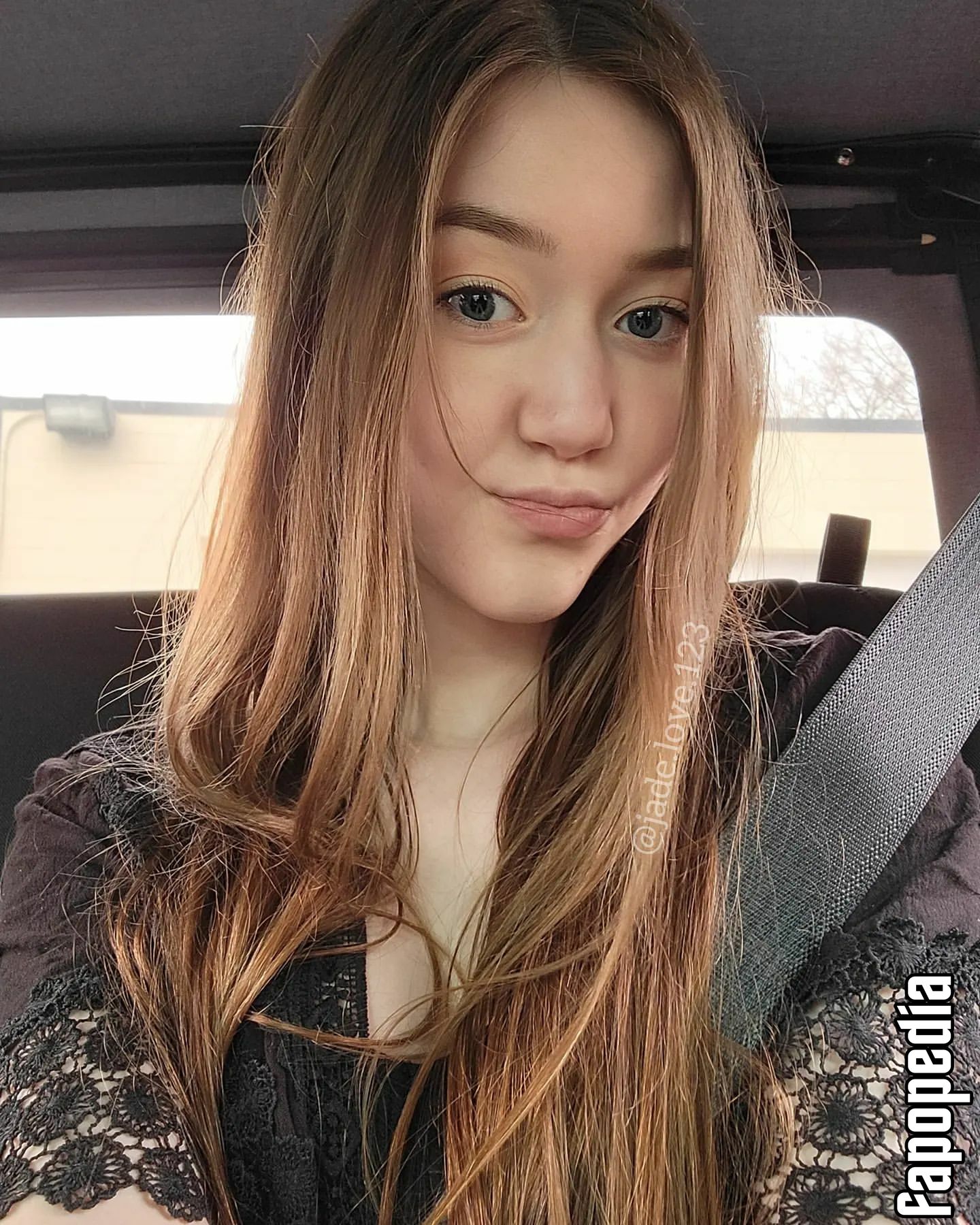Rebecca Love: Exploring Her Artistic Nude Photography and Self-Expression

Rebecca Love, a renowned photographer known for her captivating artistic vision, has carved a unique niche in the world of nude photography. Her work showcases a remarkable blend of artistry, vulnerability, and bold self-expression, making her a prominent figure in the contemporary art scene. This article delves into the life and work of Rebecca Love, exploring the themes, techniques, and impact of her nude photography.
A Journey into Artistic Nude Photography

Rebecca Love’s journey into the realm of nude photography began as a personal exploration of her own body and its representation in art. Born in the vibrant city of New York, her artistic inclinations were evident from an early age. Love’s initial fascination with the human form led her to experiment with various artistic mediums, but it was photography that ultimately became her chosen vehicle for self-expression.
The decision to focus on nude photography was a bold one, driven by Love’s desire to challenge societal norms and celebrate the beauty and diversity of the human body. Her work quickly gained recognition for its raw authenticity and emotional depth, captivating audiences with its unapologetic honesty.
The Art of Self-Portraiture
A significant aspect of Rebecca Love’s practice is her exploration of self-portraiture within the context of nude photography. By positioning herself as both the artist and the subject, Love delves into the intimate and often vulnerable process of self-representation. Her self-portraits are not mere snapshots, but carefully crafted compositions that explore themes of identity, femininity, and the human condition.
One of Love’s most renowned self-portrait series, titled “Reflection,” showcases her innovative use of mirrors and reflective surfaces. In these images, Love’s body is fragmented and distorted, creating a captivating play of light and shadow that challenges traditional notions of beauty. Through this series, she invites viewers to contemplate the complexities of self-perception and the fluid nature of identity.
| Series | Reflection |
|---|---|
| Number of Images | 12 |
| Exhibition Venues | New York Art Gallery, London Contemporary Art Fair |

Collaborative Nude Photography: A Celebration of Diversity
While self-portraiture forms a significant part of Rebecca Love’s body of work, she is also renowned for her collaborative projects with diverse models. Through these collaborations, Love aims to celebrate the beauty and diversity of all body types, genders, and ethnicities. Her approach to nude photography is inclusive and empowering, aiming to break down stereotypes and promote body positivity.
In one notable series, titled “Body Stories,” Love collaborated with a diverse range of models, each with their own unique story and relationship with their body. The series explores the themes of resilience, self-acceptance, and the transformative power of art. By showcasing a wide array of bodies, Love challenges the narrow beauty standards often perpetuated in mainstream media.
| Series | Body Stories |
|---|---|
| Number of Models | 18 |
| Exhibition Venues | |
| Paris Photo Festival, Berlin Art Week |
Technical Mastery and Artistic Vision
Rebecca Love’s artistic prowess extends beyond the themes she explores; it is also evident in her technical mastery and innovative approach to photography. Love employs a range of techniques to create visually stunning and emotionally resonant images.
Lighting and Composition
Love’s meticulous attention to lighting and composition sets her work apart. She often utilizes natural light to create soft, ethereal images that highlight the delicate contours of the human form. Her compositions are carefully crafted, with a focus on negative space and minimalism, allowing the subject to take center stage.
In one of her most acclaimed series, “Shadowed Grace,” Love experiments with dramatic lighting and long exposures to create a sense of ethereal beauty. The resulting images, with their soft, diffused light and subtle shadows, evoke a sense of serenity and grace.
| Series | Shadowed Grace |
|---|---|
| Lighting Technique | Natural Light with Long Exposures |
| Exhibition Venues | Los Angeles Art Show, Toronto Photography Festival |
Post-Processing and Digital Artistry
While Rebecca Love’s work is rooted in traditional photographic techniques, she also embraces digital tools to enhance and transform her images. Her post-processing skills are evident in the subtle yet powerful edits she applies to her photographs.
Love often employs techniques such as selective coloring and tonal adjustments to draw attention to specific elements within the frame. She also experiments with digital painting and collage, merging her photographs with other artistic mediums to create unique, hybrid works of art.
| Series | Digital Dreamscape |
|---|---|
| Post-Processing Techniques | Selective Coloring, Digital Painting, Collage |
| Exhibition Venues | Online Gallery Exhibition, Art Basel Miami |
The Impact and Legacy of Rebecca Love's Work
Rebecca Love’s contribution to the world of nude photography extends far beyond the gallery walls. Her work has sparked important conversations about body image, self-acceptance, and the role of art in challenging societal norms. Through her fearless exploration of the human form, Love has inspired a new generation of artists and individuals to embrace their bodies and express themselves authentically.
Influencing a New Wave of Artists
Love’s fearless approach to nude photography has inspired a wave of emerging artists who are now pushing the boundaries of self-expression and body positivity. Many photographers and artists cite Rebecca Love as a key influence, drawing inspiration from her bold vision and commitment to authenticity.
One such artist, Emily Young, shares, “Rebecca Love’s work opened my eyes to the power of nude photography as a tool for self-empowerment and social change. Her ability to capture the raw beauty of the human form, without shame or inhibition, has been a guiding light for my own artistic journey.”
Promoting Body Positivity and Self-Acceptance
Beyond the art world, Rebecca Love’s work has had a profound impact on individuals struggling with body image issues. Her photographs, with their celebration of diverse bodies and raw vulnerability, have become a source of inspiration and empowerment for many.
In an online community dedicated to body positivity, Love’s work is frequently shared and discussed. Members of the community praise her ability to capture the beauty in imperfection, with one user commenting, “Rebecca Love’s images remind me that my body is a work of art, regardless of societal standards. Her work has helped me embrace my unique beauty and find the confidence to express myself authentically.”
Conclusion

Rebecca Love’s artistic nude photography is a testament to the power of self-expression and the transformative nature of art. Through her bold and innovative approach, she has challenged societal norms, celebrated diversity, and inspired countless individuals to embrace their true selves. Her work continues to leave an indelible mark on the art world and beyond, fostering a more inclusive and accepting society.
What inspired Rebecca Love to pursue nude photography?
+Rebecca Love’s journey into nude photography was deeply personal, driven by her desire to explore and celebrate her own body and its representation in art. She saw it as a means of challenging societal norms and embracing the beauty and diversity of the human form.
How does Love’s work challenge traditional beauty standards?
+Love’s work challenges traditional beauty standards by showcasing a diverse range of bodies, genders, and ethnicities. Through her collaborative projects and self-portraits, she celebrates the uniqueness and beauty of every individual, promoting a more inclusive and empowering vision of beauty.
What is the significance of Love’s self-portraiture series?
+Rebecca Love’s self-portraiture series, such as “Reflection,” explore the complexities of self-perception and identity. By fragmenting and distorting her own body, she invites viewers to contemplate the fluid nature of identity and the power of self-representation.